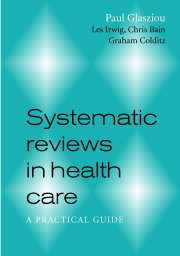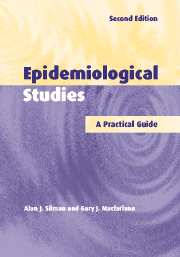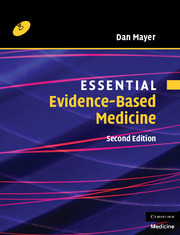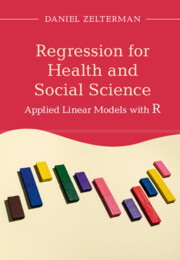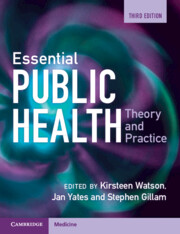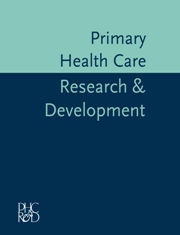Systematic Reviews in Health Care
What do we do if different studies appear to give different answers? When applying research to questions for individual patients or for health policy, one of the challenges is interpreting such apparently conflicting research. A systematic review is a method to systematically identify relevant research, appraise its quality, and synthesize the results. The last two decades have seen increasing interest and developments in methods for doing high quality systematic reviews. Part I of this book provides a clear introduction to the concepts of reviewing, and lucidly describes the difficulties and traps to avoid. A unique feature of the book is its description, in Part II, of the different methods needed for different types of health care questions: frequency of disease, prognosis, diagnosis, risk, and management. As well as illustrative examples, there are exercises for each of the sections. This is essential reading for those interested in synthesizing health care research.
- Methods for different types of clinical question
- Includes exercises for each of the different questions
- Helpful appendices, including description of available software
Reviews & endorsements
"This book is well designed for people who are looking for an introduction to the field of systematic reviews. This is a worthy addition to the practice of evidence-based medicine." Doody's Notes
"The book serves as an excellently readable introduction to the whole subject of formal literature reviewing." Doctors.net
"This stands as a strong competitor in the growing list of available resources that lead the reader through the systematic review process...an excellent resource..." Teaching and learning in Medicine
"[Systematic Reviews in Health Care: A Practical Guide]...is very well written and extremely easy to read. It is a true practical guide through the maze of clinical studies. Complex issues are presented in a clear, concise, logical, and easy-to-follow manner...I believe this book should be essential reading for all practicing clinicians and should be prominently displayed in every medical library." Southern Medical Journal
Product details
November 2001Paperback
9780521799621
148 pages
248 × 176 × 13 mm
0.319kg
13 b/w illus. 4 tables
Available
Table of Contents
- Introduction
- Part I. General Methods:
- 1. The question
- 2. Finding relevant studies
- 3. Appraising and selecting studies
- 4. Summarising and synthesising the studies
- 5. Applicability: returning to the question
- Part II. Question-Specific Methods:
- 6. Interventions
- 7. Frequency and rate
- 8. Diagnostic tests
- 9. Aetiology and risk factors
- 10. Prediction: prognosis and risk
- Appendix A. Literature searching methods
- Appendix B. Software for meta-analysis
- Glossary
- Acronyms and abbreviations
- References
- Index.

